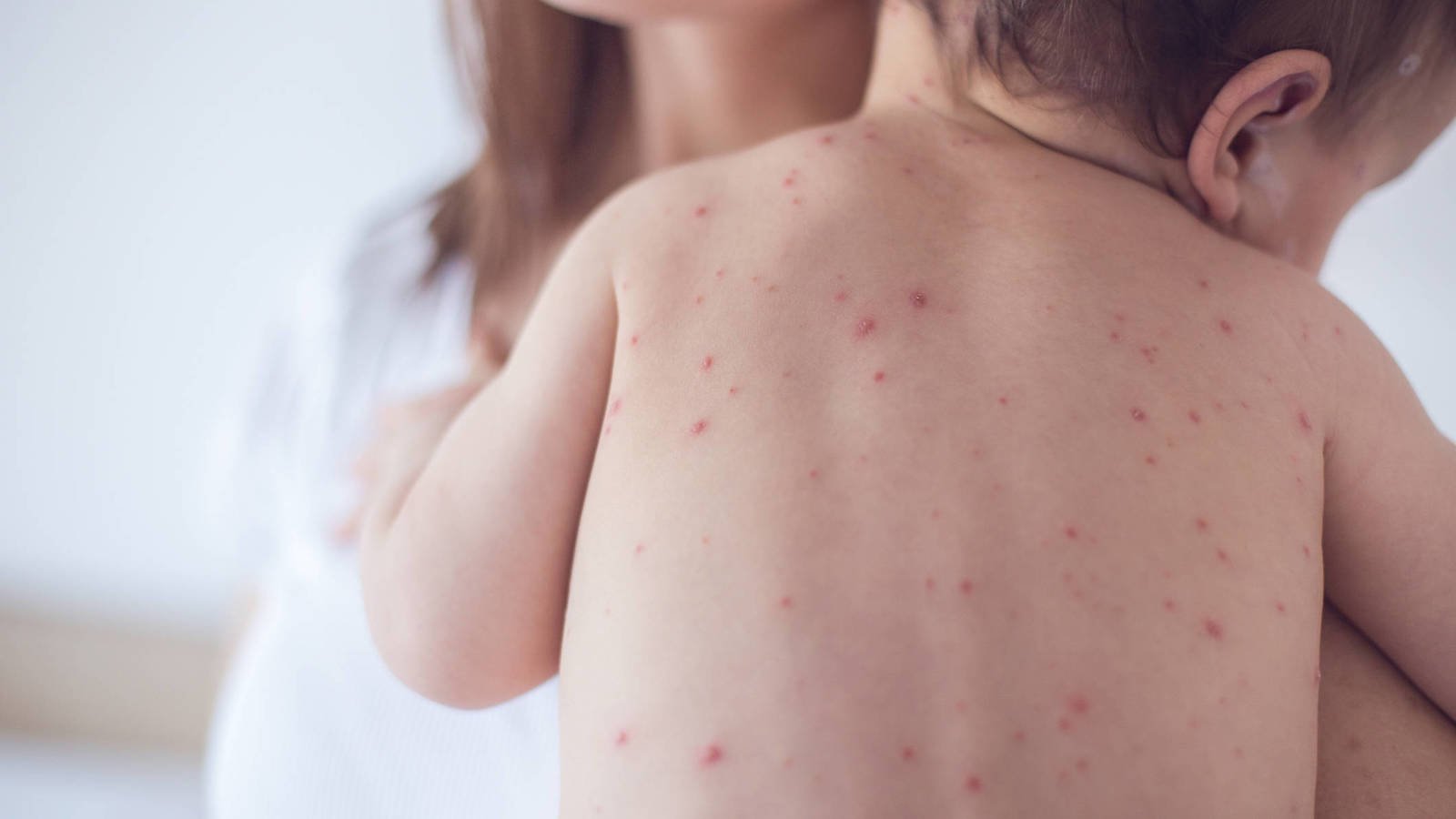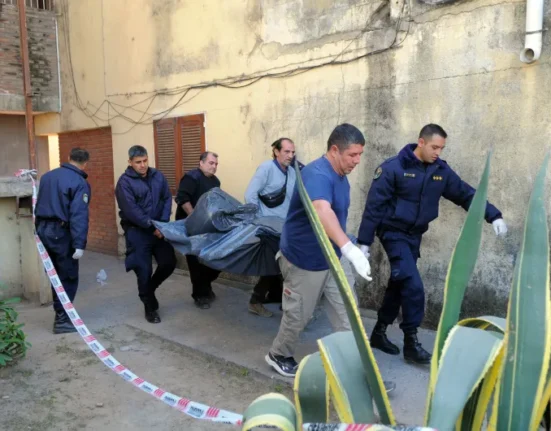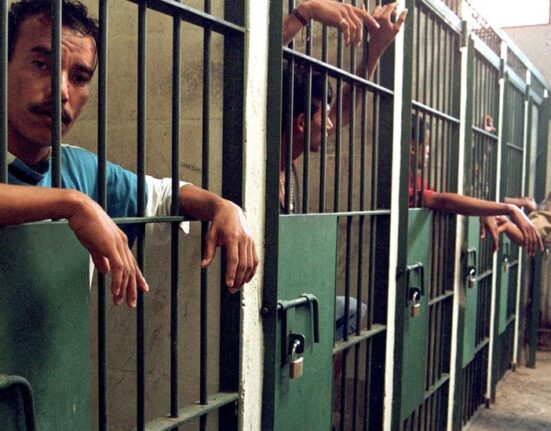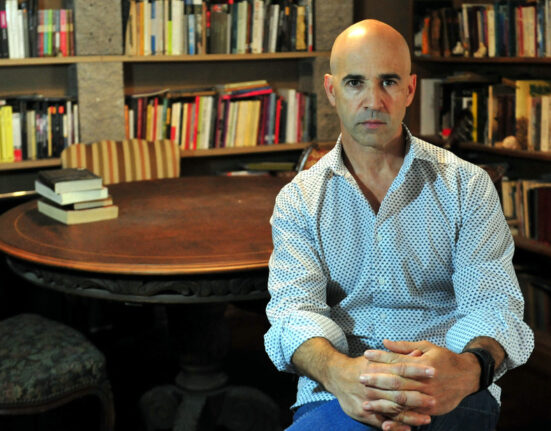Pablo Sigal reported that Argentina is facing a significant challenge with 32 confirmed cases of measles in four outbreaks across Buenos Aires, San Luis, and the City. However, amidst 2,038 notifications this year, there are 500 cases under investigation due to their complex epidemiological nature. This uncertainty raises concerns as the actual number of confirmed cases could be much higher than reported.
The Ministry of Health has taken proactive steps by forming a special committee to verify these potential measles cases regularly. Those confirmed will be added weekly to the national epidemiological bulletin. Minister Mario Lugones issued a passionate plea on social media, urging parents to vaccinate their children against measles immediately. He emphasized the urgency by citing recent measles outbreaks in Canada, the United States, and Mexico.
Lugones highlighted a worrying statistic regarding vaccination coverage in the Greater Buenos Aires area, stating that only 20.4% of children aged between 6 months and almost 5 years have been vaccinated. This low vaccination rate is part of a concerning trend in declining immunization rates across the country over the years. The Minister’s call for action underscores the critical need for public cooperation in combating infectious diseases like measles through vaccination.
The public response to Lugones’ appeal varied widely on social media platforms. Some expressed skepticism about vaccine safety and effectiveness while others supported the importance of vaccination in preventing disease spread. These reactions reflect broader debates around immunization and public health messaging.
The recent emphasis on measles vaccination follows global concerns raised by organizations like the Pan American Health Organization (PAHO) about increasing measles outbreaks worldwide. The alignment between Argentina’s health policies and those of other countries can influence public perception and compliance with vaccination programs.
Experts warn that measles is highly contagious, especially among young children under five years old who are at greater risk of severe complications. The disease can lead to respiratory issues and even neurological problems long after recovery, underscoring the importance of prevention through widespread vaccination campaigns.
The Ministry of Health stressed that since there is no specific treatment for measles, vaccination remains the most effective strategy for preventing its spread within communities. Lugones reiterated that measles vaccines have been used safely for six decades, significantly reducing infection rates and making Argentina a country without endemic circulation of the virus—a milestone worth protecting amid current challenges.
In conclusion, addressing misinformation and promoting accurate information about vaccines is crucial in safeguarding public health against preventable diseases like measles. Public trust in vaccination programs plays a vital role in controlling outbreaks and ensuring community well-being.









Leave feedback about this